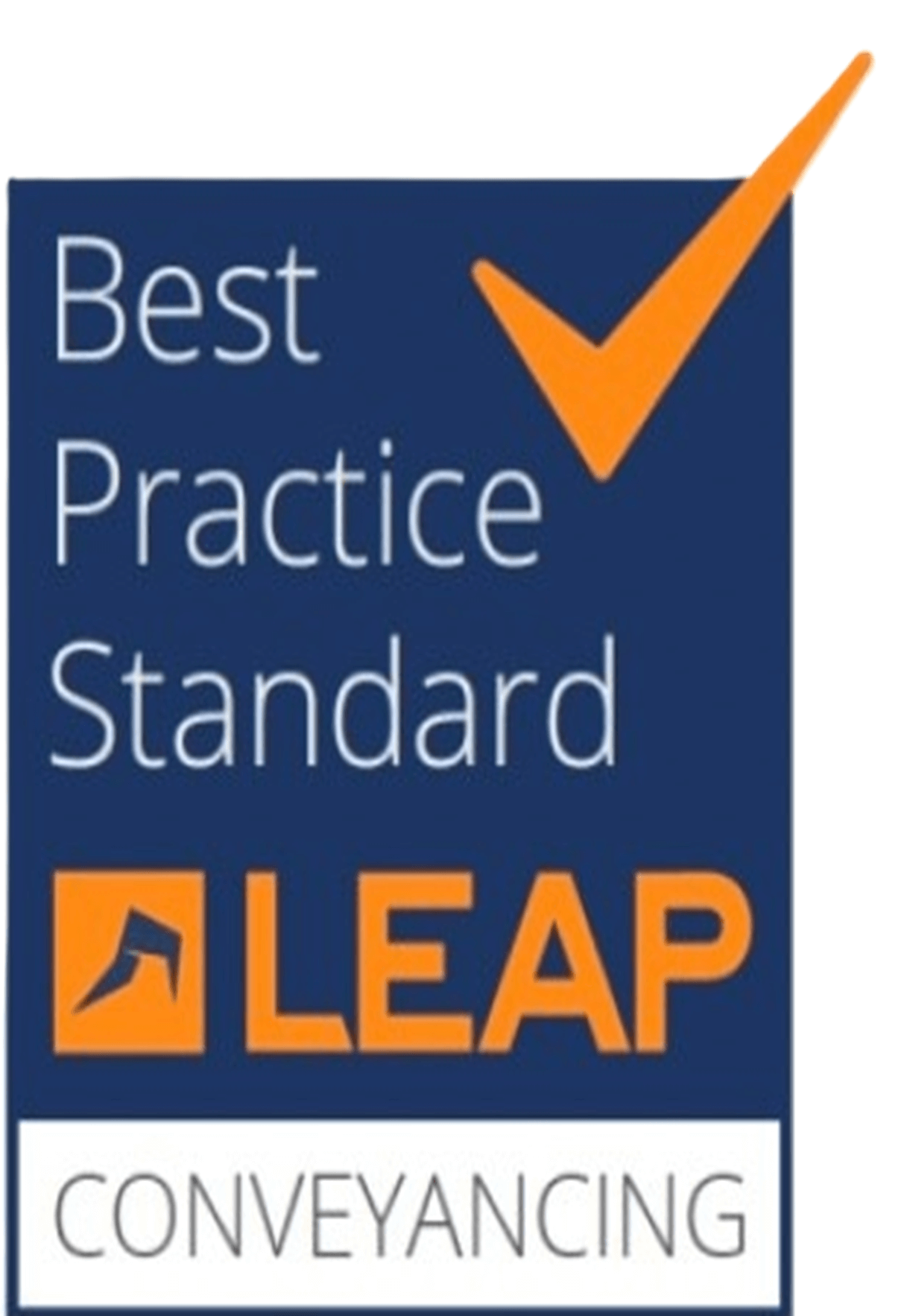Social services will usually become involved with a family before they consider removing a child. This might include working with your family under a Child Protection Plan or Care and Support plan. This allows social services to provide support to a family. Social services may invite your family to a Child Protection Conference. This is a meeting to talk about your child’s safety, wellbeing, health and development with family members and professionals involved with your family.
If the Local Authority remain concerned and do not feel changes are being made, they can hold a pre-proceedings meeting (PLO) which is a final attempt to avoid going to Court. The Local Authority will prepare a letter outlining their concerns, setting out what has been done so far and what they plan to do moving forward. Parents are asked to consider this letter and are invited to a meeting to discuss it. Parents are invited to have a legal representative at these meetings. It is therefore important to contact a solicitor as soon as possible if you received a PLO letter.
For more information on PLO Meetings, please see our blog.
If the Local Authority feel that your child is at risk of significant harm, suffering harm or neglect they may decide that it is necessary to make an application to Court. If the Local Authority feel that this needs to be done urgently to safeguard your child, they may ask the Court for an Emergency Protection Order or an Interim Care Order.
In the interim, a Local Authority can ask you as parents if you agree to your child being looked after by foster carers or family members. This is called section 76 consent in Wales. It is a voluntary arrangement, and you can withdraw your consent at any time. Depending on the circumstances, the Local Authority may then ask the Court for an Order. It is best to seek legal advice if you are asked to enter into this arrangement or are considering withdrawing your consent.
If the Local Authority make an application to Court, the parents of the child will automatically become ‘parties’ to the proceedings. The child will also be appointed a Guardian from an organisation called CAFCASS. Their role is to give their views on what is in your child’s best interests.
The Local Authority will need to provide the Court and the parties with a number of documents, including a statement setting out their concerns, background information and what has been done so far. They will also need to provide a plan setting out what they are asking the Court to do and what Order they want the Court to grant while the Court proceedings are ongoing. This might be an Interim Care Order, which allows them to share parental responsibility and make decisions about a child’s care and placement.
The Local Authority may tell the Court that they feel that the risk is such that a child needs to be placed with foster carers or alternative family members. If they feel the risks can be managed, they might ask the Court to grant an Order with your child remaining at home.
Once the Court has made a decision on the plan, the Court will consider what evidence is needed to move forward. This might include assessments such as a parenting assessment or psychological assessment, if needed. You will be asked to work with professionals and engage with these assessments. The Court might also want evidence such as medical records and police records to be requested.
Once the assessments are completed, the Local Authority will need to prepare more documents telling the Court what the assessment says and what their plan is moving forward. This could include a plan for children to return home, to live with alternative family members or in cases where this is not considered safe, for the children to be in long term foster care or adopted.
The parties will then be given time to consider the Local Authority’s plan and respond to it. Your solicitor will help you to prepare a statement setting out your views.
Issues Resolution Hearing (IRH)
The purpose of this hearing is to consider if the proceedings can be finalised early. The Court will consider whether everyone agrees with the plan being proposed. If it is not agreed, the Court will look at whether any further evidence is needed and timetable the case for a Final Hearing.
Final Hearing
At a final hearing, the Court will need to make a decision on where a child is to live. If the parties do not agree on this or on any aspect of the Local Authority’s plan, the Court will need to hear evidence from the parties and witnesses before making a final decision.
Hpjv solicitors have an experienced team ready to assist and support you if social services have become involved with your family. Please contact us as early as possible to allow us to guide and advise you through the process. Our team are friendly and compassionate and will be happy to help you.










